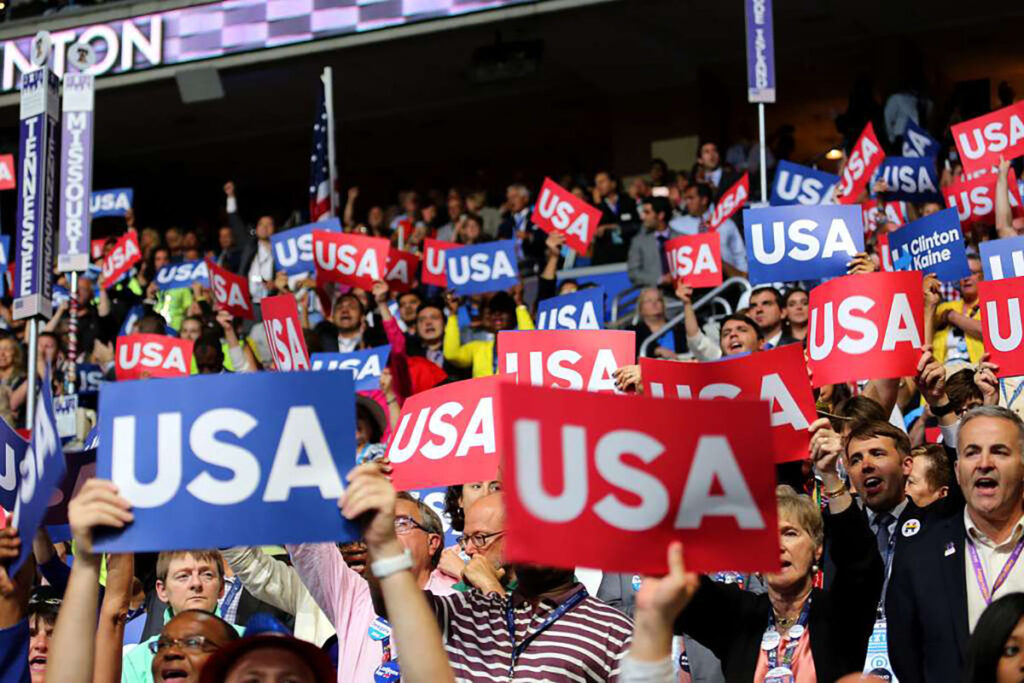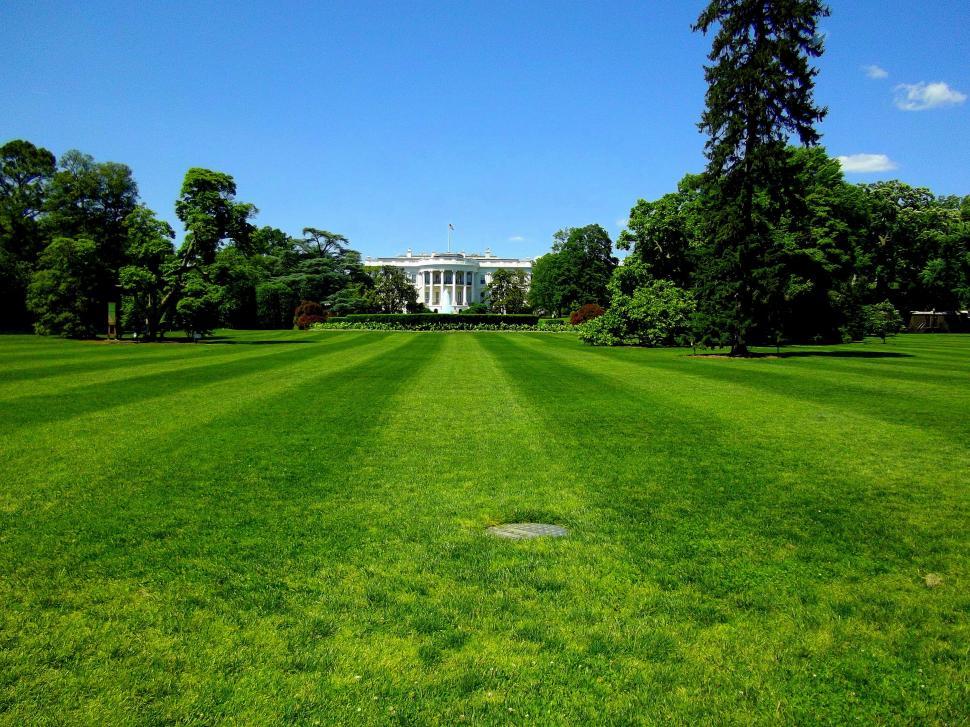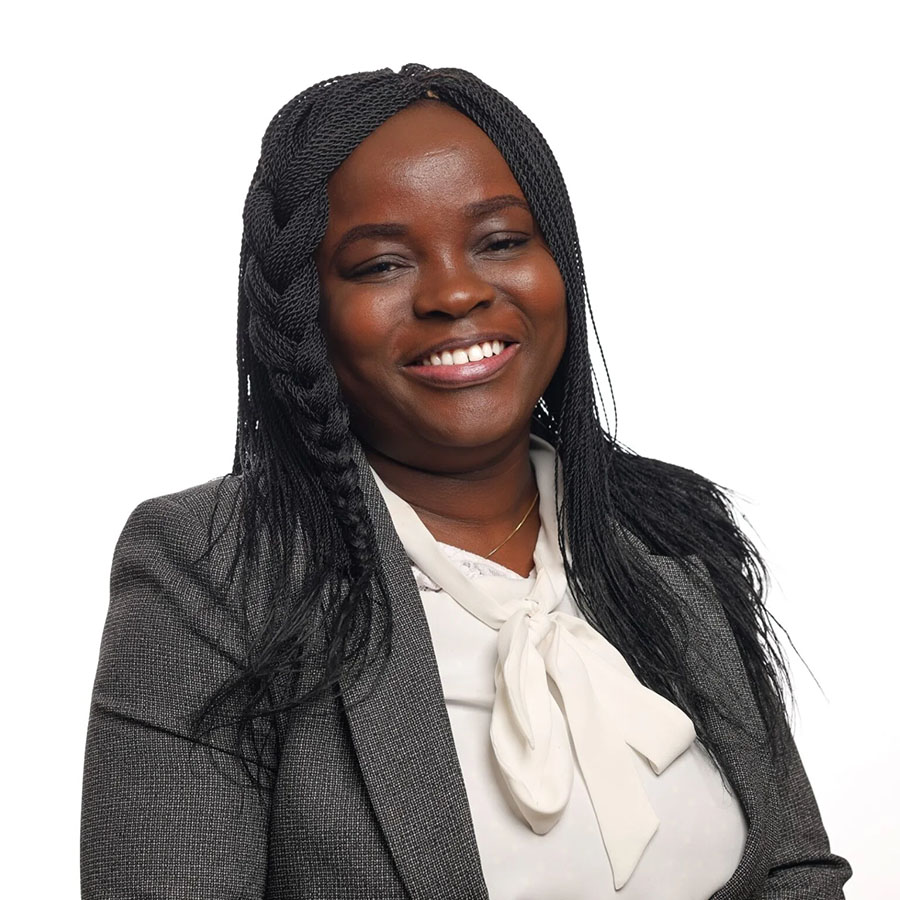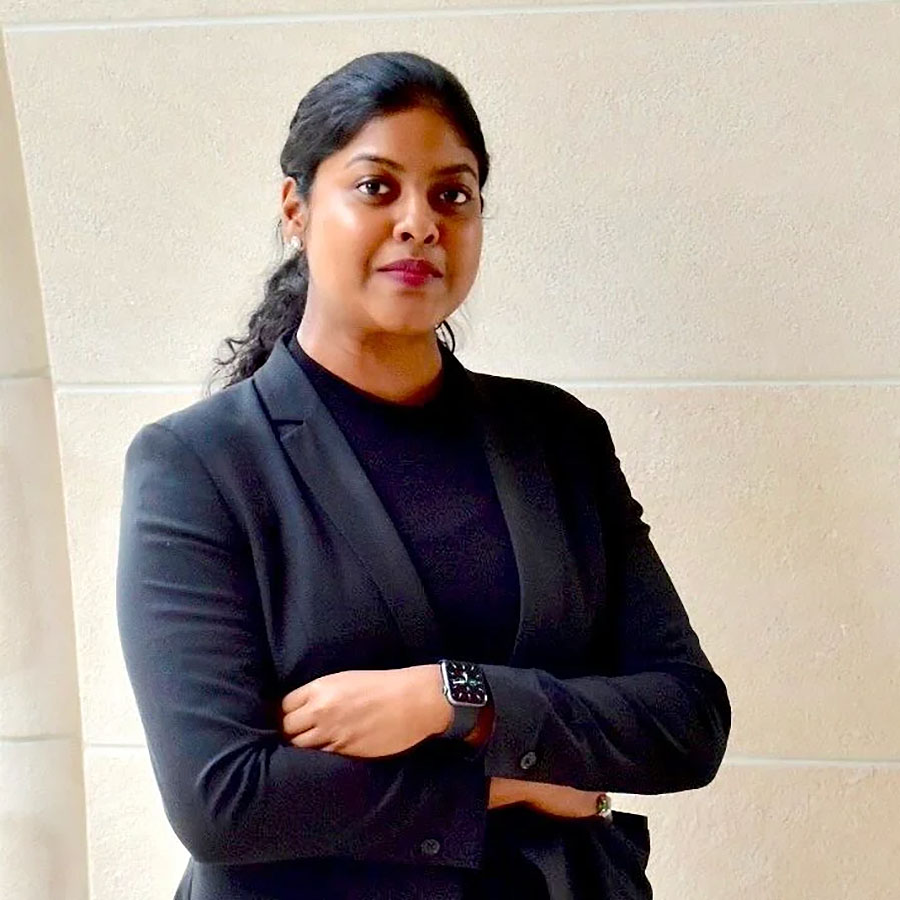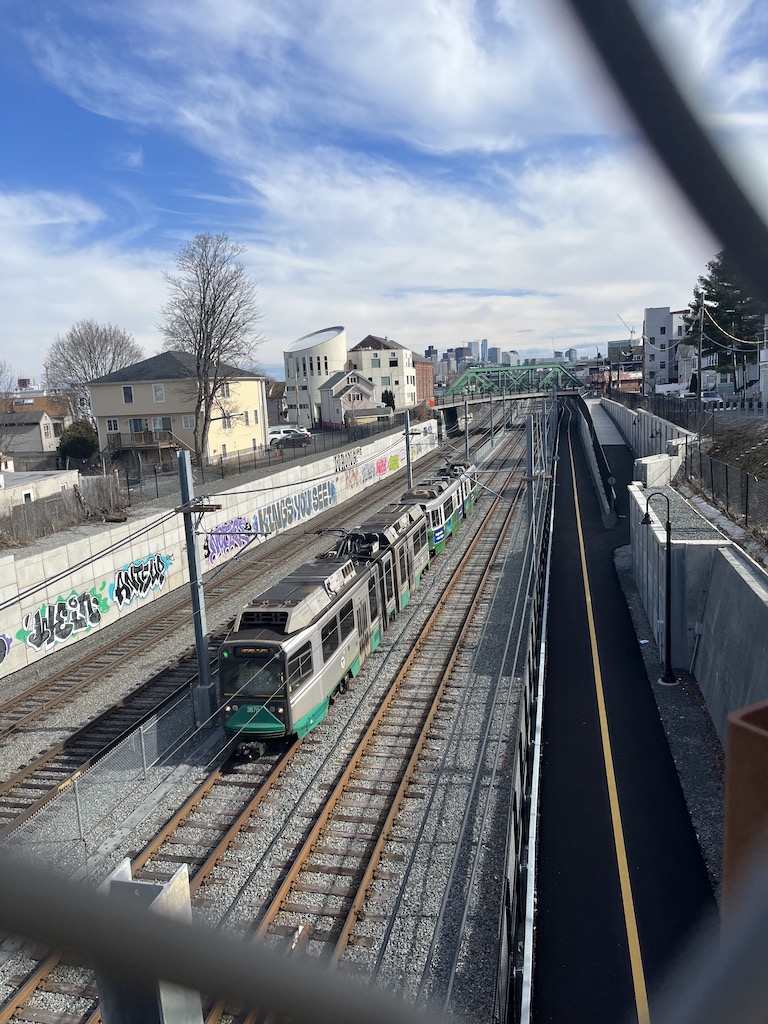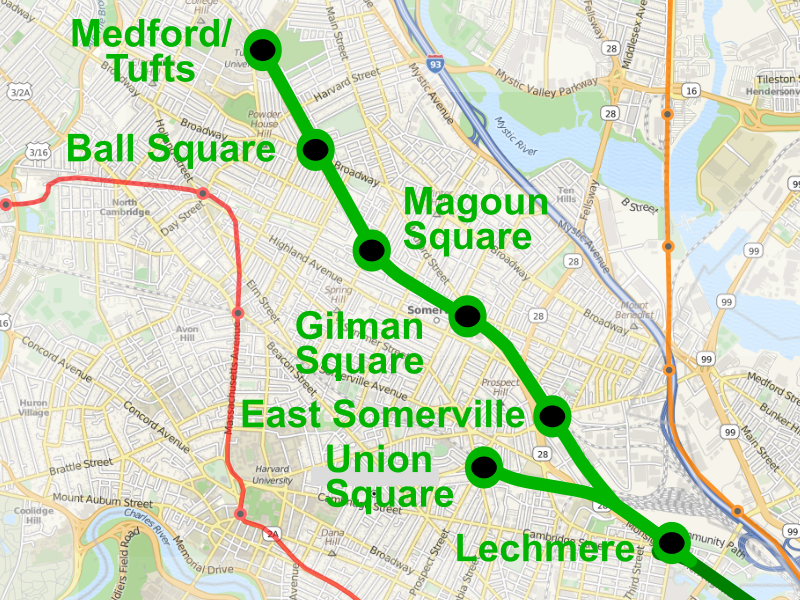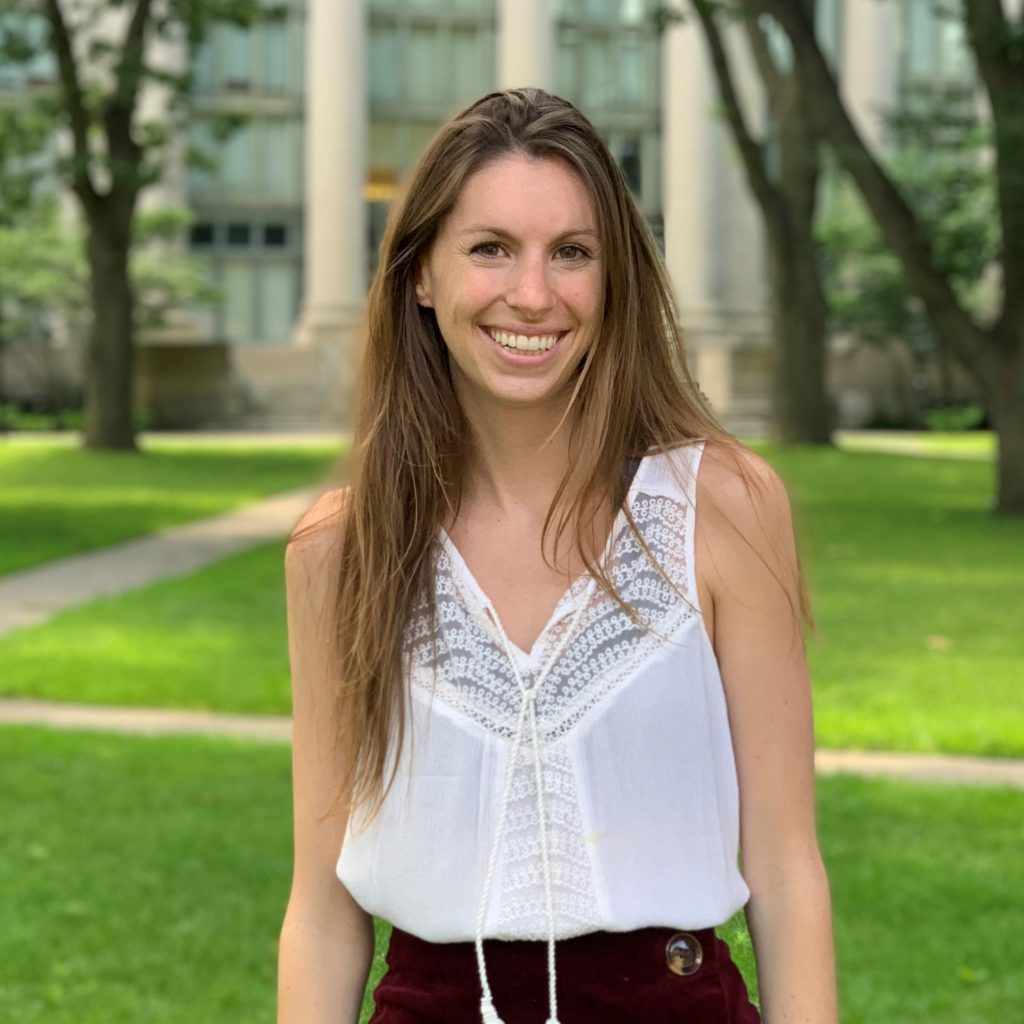by Valerie Gutmann ’23
Part I: How I Became Involved with and Interested in Alternative Dispute Resolution at HLS
The first time I heard the phrase “alternative dispute resolution” (ADR) was in the fall of 2020.
I had just started at Harvard Law School (HLS) virtually, during a pandemic, and I was listening to the President of the Harvard Mediation Program (HMP) speak as part of a webinar on Student Practice Organizations. The phrasing struck me as odd at the time; saying that mediation is a type of “alternative” dispute resolution implies that there is a default or standard type of dispute resolution. Before law school, I had resolved disputes in my life in many different ways and didn’t have any single go-to strategy from which it would be notable to deviate. Now, after completing a year of law school that focused heavily on litigation and the role of courts, I have a new appreciation for just how prevalent litigation is as a mechanism by which to resolve disputes. It is clearer now why the umbrella of alternative dispute resolution strategies is labeled “alternative.”
I joined the Harvard Mediation Program—which mediates cases from small claims courts in the greater Boston area—shortly after the webinar I attended, and it quickly grew to become one of the places on (virtual) campus that I felt most comfortable and most welcomed. I was about 1,000 miles away from the law school, but when I interacted with HLS students and staff members associated with the alternative dispute resolution world, I felt a sense of community. That feeling led me to join the Harvard Negotiation Law Review (HNLR) and take the Negotiation Workshop during winter of my first year. In all of these spaces, I felt respected by those around me at the same time that I knew that they would challenge me and push me to approach a situation from the most fair, reasonable, and productive perspective possible. The ADR curriculum and extracurriculars, in my experience, have centered interpersonal relationships, careful consideration of how your words and actions impact others, the importance of knowing how to express what you want and how to listen actively to what other people want, and efficiency in resolving disputes.
The start of my second year at HLS brought with it the opportunity to attend in-person classes for the first time, as well as the opportunity to meet in person with the people I had seen over Zoom for the last year. It has been surreal. But it has also been inspiring. I feel grateful to be close to so much energy and excitement at the law school generally as well as within the alternative dispute resolution organizations more specifically. I am serving on the board of the Harvard Mediation Program this year, and I have been pleased to talk to and plan events with the student leaders of the other two student organizations focused on ADR—HLS Negotiators and the Harvard Negotiation Law Review. Earlier this month, we sat down to talk about their organizations, what ADR means to them, and how their engagement with ADR has impacted them.
Part II: A Conversation with the Leaders of HLS Negotiators and the Harvard Negotiation Law Review
During my conversation with Arlene Lopez, who is the President of HLS Negotiators, I learned that her initial interest in Negotiators came from a desire to explore transactional work in a setting where the projects are so varied.
“The cool thing about Negotiators is that our clients tend to be nonprofits and schools. When you’re working in Negotiators, you’re working in teams. Typically you’re not representing them in any litigation issues, you’re providing something like research or some sort of deliverable. It gives you an opportunity to work in a more transactional type of space, which emphasizes teamwork, research, getting your deliverable prepared, meeting with your clients, and trying to understand what their needs are and how you can help them. That helped me realize that I enjoy transactional work, working in teams and groups, and having clients that are bigger than individuals.” ~Arlene Lopez, President of HLS Negotiators
As we continued talking, Arlene emphasized the flexibility of the time commitment and the range of work available as some of her favorite parts of Negotiators, and she also mentioned that further developing the social aspects of the organization (including collaboration and conversation across different project teams as well as social gatherings) is one of her goals as President.
I knew from my own experience that the skills we learn in ADR organizations and courses at HLS are directly applicable to everyday life, and it was interesting to hear Arlene express that same sentiment. In fact, she expressed this sentiment twice. The first time was in relation to her work this past summer:
“Over the summer I was interning at the World Bank, which just developed a data privacy grievance mechanism. They needed to draft the statute governing this grievance mechanism—all the details that go into making this a real, tangible thing. As an intern, that’s what I was responsible for; I was drafting this statute and meeting with people at the bank and with my supervising attorney. I had worked on a project with HLS Negotiators to recommend grievance mechanisms to address data privacy claims, and it was great to see this come up again.”
The second time was in relation to her recent move to Cambridge after a year of virtual law school:
“Every single day I feel that I have to use my negotiation skills, from the simplest interactions to the bigger ones. Moving to Cambridge this past summer, I had to use my negotiation skills to find a housing situation that I like at a price that I like. We’re dealing with other people, and a lot of times we have a common interest, and it’s about how we get there. I wanted this house, and the landlord wanted tenants. That’s, generally speaking, a shared interest. Then it’s a matter of a lot of details, and that’s where negotiation comes in. It’s a skill that is important to have, but also to work on and practice. You have to practice understanding what you leverage and what another party leverages, being able to identify your interests and the other party’s interests and how those fit together. I feel like the best agreements are ones where both parties feel like it is a fair agreement.”
Next, I talked with Chinyere Amanze and Victoria Kalumbi, who are the Editors-in-Chief of the Harvard Negotiation Law Review (HNLR)—a journal that publishes academic scholarship about negotiation, mediation, arbitration, and alternative dispute resolution more generally. Chinyere and Victoria both joined HNLR after taking the Negotiation Workshop during the January term of their 1L years. We talked first about the journal itself and how Victoria and Chinyere are focusing on member recruitment, intentionally cultivating a collaborative and friendly environment at subcites and events, and navigating the transition back to in-person operations.
“In our recruitment efforts to get more people to join HNLR this year is a bit of a negotiation in and of itself; if the person is neutral about it, we can present our side and learn what their concerns are to see if we can work through them. Even when we’re trying to get more people to learn about negotiation with us, we’re negotiating with them, because there are 1,000 other things they can do at HLS—on top of classes and reading.” ~Chinyere Amanze, Co-Editor-in-Chief of the Harvard Negotiation Law Review
We then turned to a discussion of ADR more broadly.
“When I think about ADR, I think about conflict resolution generally speaking, people who can help resolve problems outside of court, or even how we can help people resolve their issues without dragging things on needlessly, and exploring the nuances of conflict resolution between parties.” ~Victoria Kalumbi, Co-Editor-in-Chief of the Harvard Negotiation Law Review
“I hold ADR true to its name: any method by which people can resolve a conflict or disagreement without litigation. That might mean restorative justice circles, negotiation, mediation—any pathway other than litigation.” ~Chinyere Amanze
We followed this discussion of ADR’s definition with the related discussion of why alternative dispute resolution matters and how it may continue to shape our careers in the years to come.
“Law doesn’t take place in a vacuum. Nothing that we do takes place independent of people. Negotiation is essential to understanding how you can advance your own interests and theories of the law, how you can make changes, and how you can make contributions. All of that is done in parallel with other people, so I think we absolutely have to care and think about ways in which we can resolve conflicts when they inevitably arise, how can we do so most effectively, and how can we do so in a way that is mindful and respectful of everyone, even people who aren’t at the table. There are so many levels to all of the actions that we take. Alternative dispute resolution is essential to understanding how we can be not only better people but better practitioners as well.” ~Victoria Kalumbi
“As long as I’m practicing, I’ll be negotiating, whether I’m litigating or doing more transactional work. I see this as very directly tied to my career, even if it’s negotiating internally instead of externally. I do think you’re sort of constantly going through this process of laying out your thoughts and concerns and hearing someone else’s thoughts and concerns and trying to come to a resolution. The skills I’m learning in HNLR will be with me for a long time.” ~Chinyere Amanze
Part III: Final Thoughts
I recently had the opportunity to speak, in my capacity as this year’s President of HMP, on the 2021 Student Practice Organizations webinar that was my first exposure to ADR when I saw the 2020 webinar almost exactly one year ago. I also had the opportunity to talk to students who are interested in ADR at the ADR Open House a few weeks ago. It has been a privilege to share my excitement about the field, to answer questions about my experience and about the differences between the organizations, and to learn more about my classmates’ interests.
In talking with Arlene, Chinyere, and Victoria, it was interesting to hear just how closely their understanding of ADR aligns with my own. I also appreciated their collective insight into the applicability of ADR to everyday life. In my next blog post, I discuss in more depth the ways that negotiation and mediation are especially important during the moment of transition and uncertainty that accompanies a return to in-person interactions in the midst of the ongoing COVID-19 pandemic.


